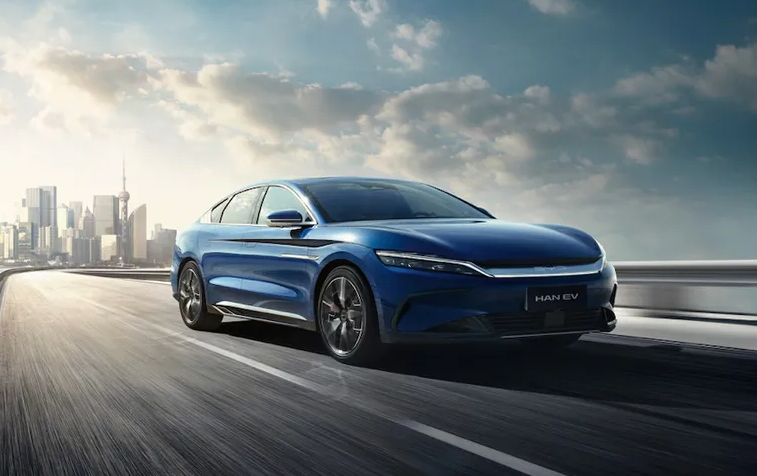The U.S. government proposed to prevent imports of automobiles to avoid risks from Chinese automotive technology.
This Monday, the U.S. Department of Commerce released its proposal to prevent purchases of “connected” vehicles containing software and hardware from China or Russia.
Chinese auto imports
China is the world’s largest auto producer and its exports have grown rapidly in recent years.
The Commerce Department’s proposed bans would apply to software beginning with model year 2027 vehicles and hardware beginning with model year 2030 vehicles.
Automotive technology
In February 2024, Nazak Nikakhtar, a partner at law firm Wiley Rein who co-leads its CFIUS (Committee on Foreign Investment in the United States) national security practice, warned the U.S. government about the risks of China’s automotive technology in importing vehicles into the United States.
Nikakhtar expounded that over the past two decades, automakers have installed an increasing amount of computer hardware components in the U.S. passenger vehicle fleet.
While additional hardware has enabled the incorporation of numerous quality-of-life and safety improvements, the connection of many modern vehicles to the Internet allows external actors to exploit their internal processes.
According to Nikakhtar, these hostile actors can exploit vulnerabilities in passenger vehicles to render them inoperable, cause them to crash, or cause electric vehicle batteries to explode.
Privacy of citizens
In addition, Nikakhtar said that as vehicles become more interconnected, vulnerabilities can be exploited to launch a coordinated attack that renders fleets of vehicles simultaneously inoperable, crippling U.S. defense capabilities and holding populations hostage in the event of a kinetic attack.
At the same time, as original equipment manufacturers (OEMs) include additional microelectronic features to augment the electronic capabilities of their vehicles, users become more vulnerable to unknown entities accessing their personal information stored in the vehicle’s computer systems without their authorization.
“It doesn’t take much imagination to understand how a foreign adversary with access to this information could pose a serious risk to both our national security and the privacy of American citizens,” U.S. Commerce Secretary Gina Raimondo justified Monday.

